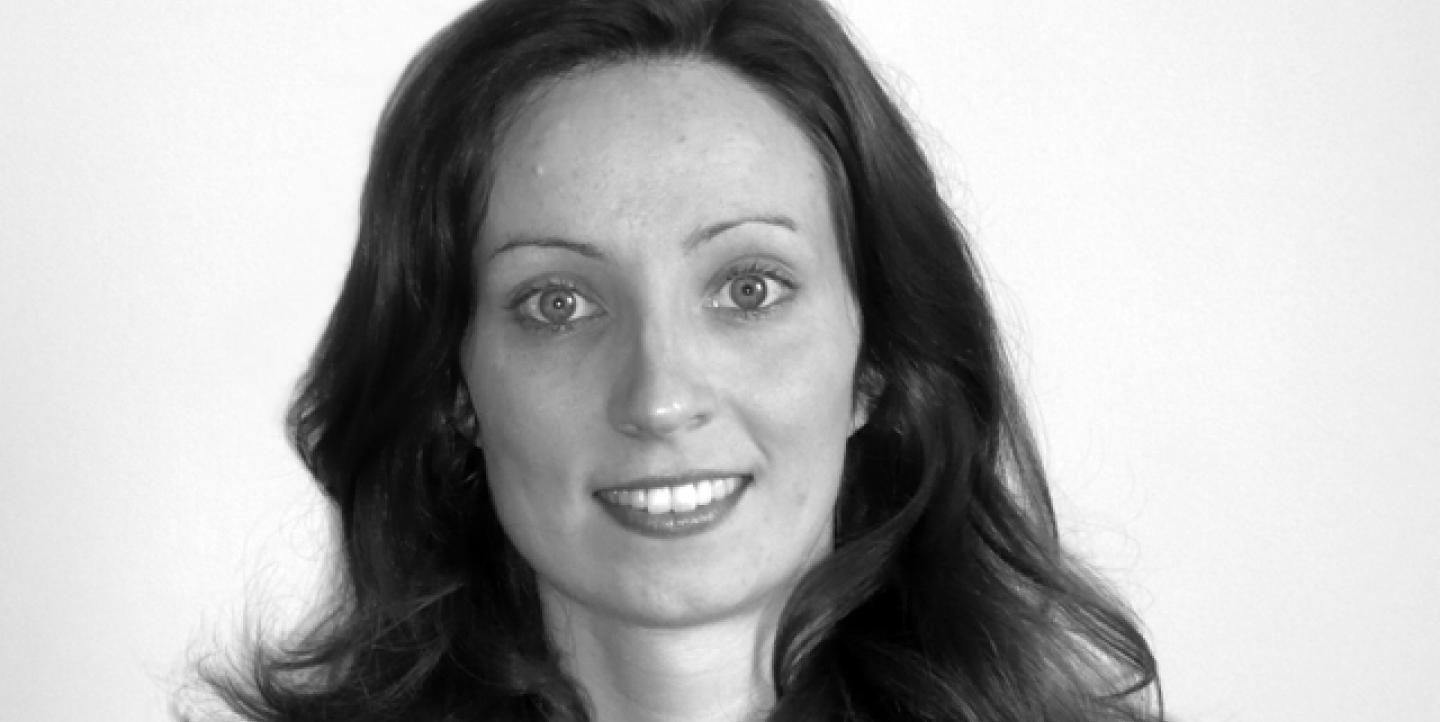Each month, IJNet features an international journalist who exemplifies the profession and has used the site to further his or her career. If you would like to be featured, email a short bio and a paragraph about how you have used IJNet here.
This month's journalist, Melisande Middleton, who hails from the United States and France, is the co-founder and director of the Center for International Media Ethics (CIME). Middleton learned of the 2007 European Journalism Institute training seminar through IJNet, where she met a group of professionals with whom she formed CIME. She now resides in London.
IJNet: What is your journalism background and where do you work now?
Melisande Middleton: I am co-founder and director of the Center for International Media Ethics (CIME). Having practiced as a journalist for the financial daily Les Echos, I am now training as a media lawyer with a leading London firm.
IJNet: How has IJNet helped you?
MM: After having seen the announcement of a week-long training seminar in the IJNet newsletter, I met a group of enthusiastic young professionals in 2007 at a week-long training seminar focused on teaching ethics and economics to journalists. By the end of the week, the group shared a vision and the desire to take it a step further. Within a few short months, CIME emerged as a formal international non-profit organization to help media professionals heighten ethical standards in their work. Today, many CIME Staff members continue to read the IJNet newsletter on a weekly basis to identify journalism opportunities that can benefit CIME journalists or expand the CIME network.
IJNet: How do you get your ideas for stories?
MM: This depends on which editor or news publication I am writing for. I currently focus my written work on stories that relate to media ethics, since this is our focus at CIME. I find ideas by reading news from as many sources as possible and trying to identify which ethical issues are emerging as a result of current trends in journalism, social media or technology. Journalism is changing very quickly as a result of the internet and associated technologies, bringing new ethics questions to the forefront every day.
IJNet: What has been your best story or work so far?
MM: I love to write and have always enjoyed producing news stories. However, at this point I consider that my best contribution to the field of journalism is having built CIME. Now, five years on, CIME implements training, awareness and capacity-building in the field of professional journalism ethics. The CIME network currently spans 96 countries and aims to improve journalism ethics standards in as many locations as possible. On September 23 2011, more than 300 journalists in 11 countries joined the first-ever International Media Ethics Day (IMED) workshops organized by CIME.
IJNet: What advice would you give aspiring journalists?
MM: First, get reporting experience as soon as you can. Any kind of work experience in your local community, high school or university will help to show a potential employer or editor that you know how to deliver a solid story. I started out by co-founding my high school newspaper and then reporting for my university's newspaper. These experiences sound cliché, but that's really what gets you the first job or internship in a newsroom. Second, if you can get a university degree, study a topic that can then become your specialty as a reporter. I studied economics and then became an economics journalist. I had always been told that work experience or a specialist degree in something other than journalism is more useful than journalism school itself. Now that I've tried out that advice, I can definitely say it worked out for me: armed with a track record of published stories (at your local/community news outlet) and a comparative advantage (your specialty subject), you're good to go.


